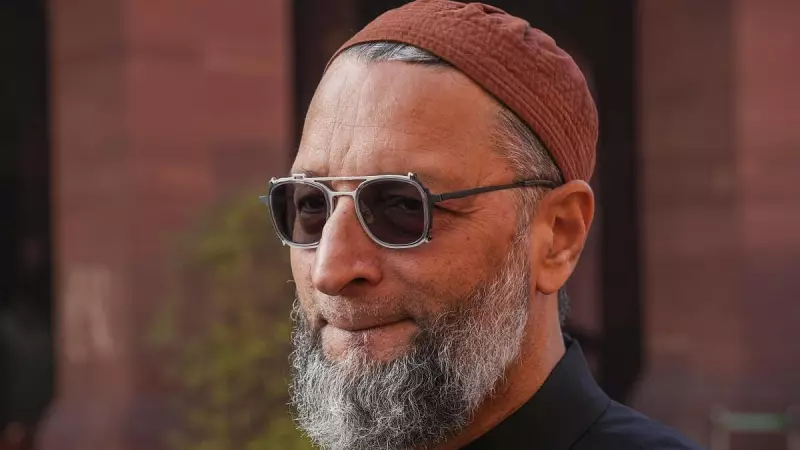
In a bold political statement that's set to redefine Bihar's electoral discourse, Asaduddin Owaisi, the firebrand leader of All India Majlis-e-Ittehadul Muslimeen (AIMIM), has raised a fundamental question about representation and power dynamics in one of India's most politically significant states.
The Unasked Question in Bihar Politics
Ahead of the crucial 2025 Bihar Assembly elections, Owaisi has brought to the forefront an issue that has long remained in the shadows of the state's political narrative. "Why can't a Muslim become the Chief Minister of Bihar?" - this seemingly simple question challenges decades of political conventions and power-sharing arrangements in the state.
Bihar, with its substantial Muslim population constituting approximately 17% of the state's demographics, has never seen a member of the community occupy the chief minister's chair. This reality exists despite Muslims playing crucial roles in determining electoral outcomes and being significant stakeholders in the state's political ecosystem.
Historical Context and Political Reality
The timing of Owaisi's question is particularly significant as political parties begin their groundwork for the 2025 polls. His intervention comes at a moment when traditional alliances are being reassessed and new political equations are being formulated.
"This isn't just about religious identity," political analysts suggest, "but about challenging the unwritten rules that have governed power distribution in Bihar's complex political landscape."
The Demographic Argument
Owaisi's position gains additional weight when considering the numerical strength of Muslims in Bihar:
- Muslims form nearly 17% of Bihar's population
- They constitute a decisive voting bloc in numerous constituencies
- Historical data shows their significant influence in determining electoral outcomes
- Despite this, top political positions have remained elusive
Political Reactions and Implications
The question posed by the AIMIM leader is expected to trigger widespread debate across political circles. It challenges not just the ruling establishment but also opposition parties and their approach to Muslim representation in leadership positions.
This intervention could potentially:
- Shift the focus of election discourse toward representation issues
- Force political parties to clarify their stance on Muslim leadership
- Influence the Muslim electorate's voting preferences
- Impact alliance mathematics and seat-sharing arrangements
Beyond Symbolism: The Substantive Question
Owaisi's query goes beyond symbolic representation. It touches upon the core principles of democratic participation and equal opportunity in political leadership. The discussion he has initiated questions whether certain glass ceilings in Indian politics need to be broken, particularly in states with significant minority populations.
As Bihar moves toward another crucial electoral battle, this question about leadership representation is likely to resonate through campaign rallies, political manifestos, and ultimately, in the voting choices of millions of Biharis.






